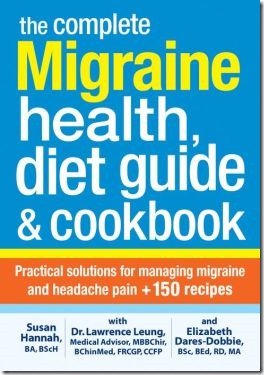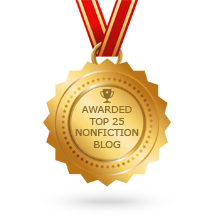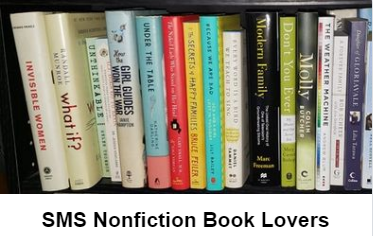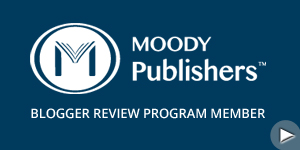 The Complete Migraine Health, Diet Guide & Cookbook: Practical Solutions for Managing Migraines and Headache Pain +150 recipes by Susan Hannah with Dr. Lawrence Leung and Elizabeth Dares-Dobbie
The Complete Migraine Health, Diet Guide & Cookbook: Practical Solutions for Managing Migraines and Headache Pain +150 recipes by Susan Hannah with Dr. Lawrence Leung and Elizabeth Dares-Dobbie
Stars: ★★★★★
Summary: A collection of research, medical experience and first-hand experience this is a resource for anyone suffering or who thinks they might be suffering from migraine headaches but also tension or cluster headaches. Strategies to help prevent headaches, reduce their frequency or aid you when they happen. Also includes 150+ recipes for a low-histamine diet.
My Personal Interest in a Migraine Book
I suffer from Migraines and I also have other types of headaches too. I haven’t been able to pinpoint a specific cause although I’ve identified some things that trigger them occasionally. I have read a few books on headaches and none of them were particularly helpful. They all mention identifying triggers and just eliminating those triggers which is an important step but sometimes it’s not enough, sometimes you can’t fully identify the triggers and sometimes the trigger is something you have no control over.
No Results Yet Because…
I cannot claim the book has helped my headaches yet because I’m pregnant and except for the first trimester or so, I rarely get headaches while I’m pregnant. However if they return I intend to keep a headache diary again and then perhaps watch what I eat and eliminate some histamine foods to see if it helps, especially since I can’t rely on strong medications while breastfeeding.
Facts I’ve Not Read About Before
I was very happy to read some facts about Migraines that I had not read in any previous book or resource I’d tried before. This gave me hope that this book would be different.
For example did you know that a common migraine trigger for some people can be such things as oversleeping on weekends, skipping meals, and changes in barometric pressure?
There is lots of scientific data which sometimes is a bit too complicated for me and other times is very interesting. I learned the scientific reason behind why my headache seems to hurt more when I’m just lying there than when I’m busy doing something.
What is Histamine and How it Causes Migraines
This is the most interesting part of the book as I’ve never heard anything about Histamine in regards to Migraines before. I know the word from Anti-Histamine medications which I know are to stop allergic reactions so I know Histamine has to do with allergies but I had never heard of it in regards to headaches.
You’ll have to read the book for all the nitty-gritty but basically what I understood from it is that our bodies stores Histamine and during an immune response (a response to something that upsets our system) histamine starts what turns into an allergic reaction in some people (hives, congestion, breathing difficulties and even headaches in some people.) However if your body has too much Histamine it its system, it can cause migraines. This is happening more often than it used to because our Western diet is high in foods containing histamine.
Later in the book it goes into what foods contain histamine and how they affect our bodies and why a low histamine diet might be right for you. I am leery about diets in general so I am glad to see it doesn’t say a histamine diet is what everyone should do and that here is exactly how you should do it. It gives you enough information that you can just try eliminating some foods and see if it helps your headaches or you can go on a full scale diet or however you want.
More Headache Knowledge
Although the low-histamine diet seems to be a big focus of the book, it’s not the only thing it talks about which is good because then it couldn’t claim to be a complete guide could it?
After talking about how headaches are diagnosed including the actual diagnostic criteria it talks about associated conditions. Here’s another area I found interesting and different. I knew Epilepsy and migraines could be connected because of a friend but I had no idea that stroke, heard disease, psychiatric diseases, obesity, fibromyalgia, asthma, irritable bowel syndrome and even restless leg syndrome are comorbid conditions with migraines (meaning they often happen together.) In some cases having migraines makes the other condition more common and in other cases having the other condition makes migraines more likely.
Headache Management
Lifestyle changes are covered including lifestyle counselling, stress management, sleep hygiene, eating habits and watching for dehydration.
The PARR Lifestyle Program is talked about (P – Prevent, A – Avoid Triggers, R – Reduce the frequency/severity/length, R – Rescue (use strategies when you get a headache).
Medications are talked about and I like that is says they are commonly prescribed and discusses them but does not try to push them on people. MANY different medications are discussed in a large table that shares the type of medication, common name, if it is for migraine, cluster or tension headaches, it’s action/function, possible side effects and cautions.
Physiotherapy, surgery, complimentary and alternative medicines and nutritional and botanical supplements are discussed.
A longer Dietary Therapy section follows which is about healthier eating in general.
Low-Histamine Diet Plan and Recipes
The remainder of the book goes more in-depth with the plan and low-histamine foods and then tons of yummy sounding recipes. Unfortunately there are no photos with the recipes but they are laid out well and include nutritional facts and sometimes tips. The recipes sound very delicious and I do want to try some of them out. They can be used, even if you don’t choose to follow the Low-Histamine plan.
Disclosure: I or a member of my review team received this book for evaluation purposes. Some links above may be affiliate links. All review are honest.








